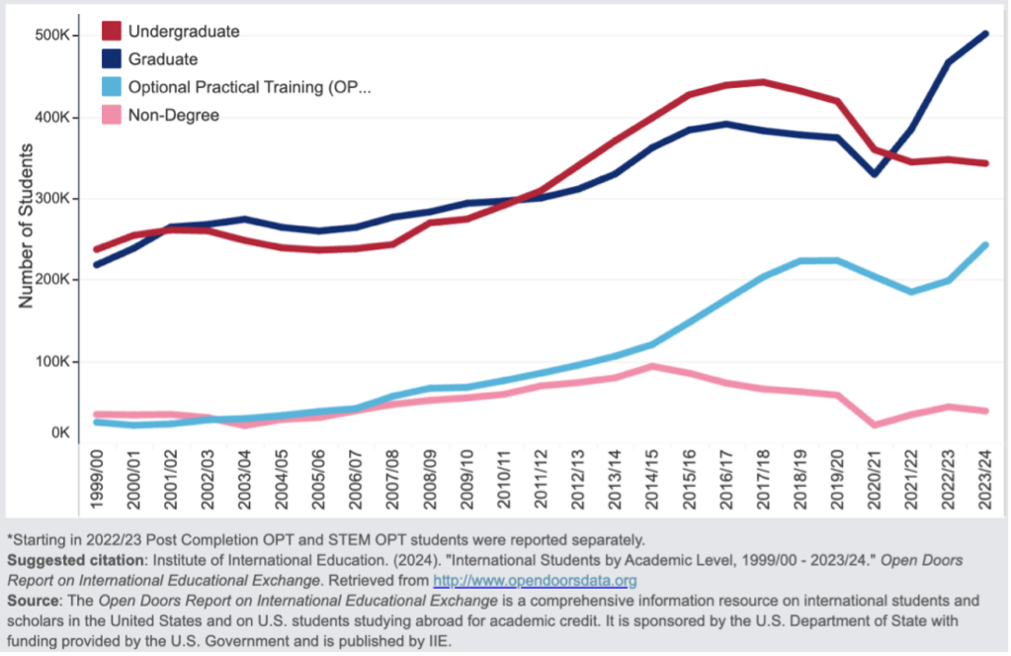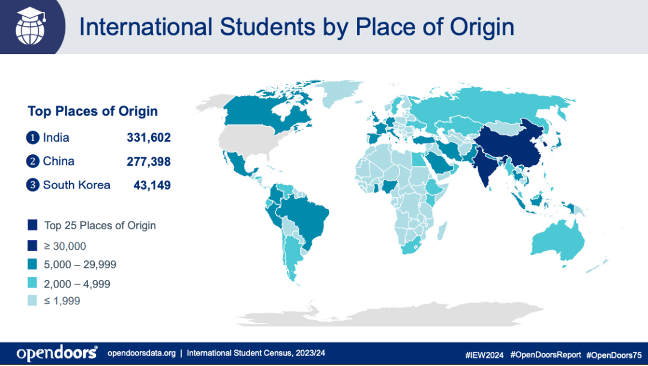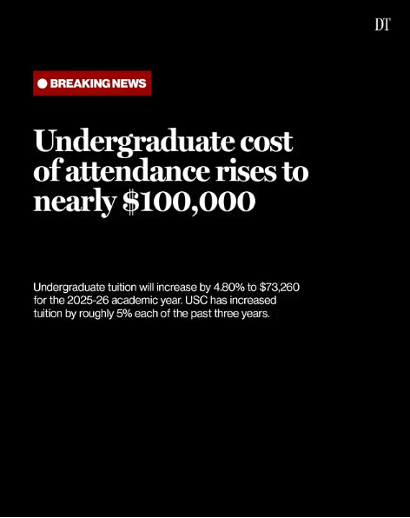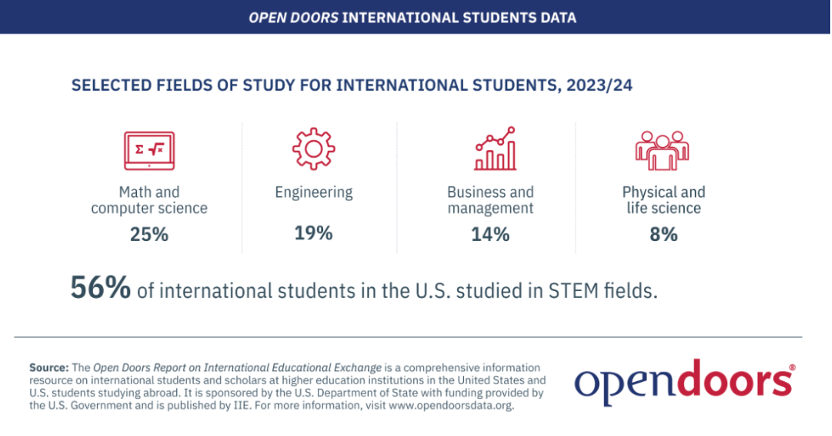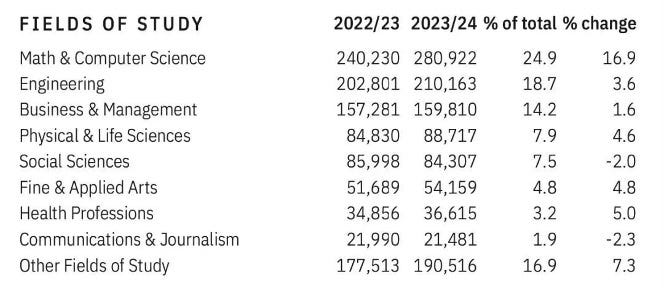Rethinking the American Dream: Chinese Families Are Exploring Alternatives to U.S. Colleges
Rising Costs, Policy Tensions, and New Choices in Chinese Students' U.S. College Plan
For years, attending a top U.S. university was seen as a golden ticket—proof of academic success and a gateway to better opportunities. But now, more Chinese families are questioning whether it's still worth the cost and uncertainty.
Take Jacinta Gu, a student from Beijing. She grew up dreaming of studying in the U.S. Some of her happiest memories include visiting Disneyland and Stanford University, where her aunt studied. For her, studying abroad was more than an academic goal—it was a lifelong dream.
A Changing Trend
The number of Chinese students in the U.S. peaked before the pandemic. According to the Institute of International Education, about 63,000 Chinese students studied in the U.S. in 2002-03, and that number grew to 372,532 in 2019-20. However, this trend slowed during the pandemic and has yet to recover. Last year, the number of Chinese students at American universities dropped to 277,398—a 4% decline.
Rising tuition costs and economic uncertainty are major concerns. For example, the University of Southern California's tuition for 2025–26 will approach $100,000 per year, not including housing, meals, or books. At the same time, U.S.-China tensions and political rhetoric have added new anxieties for students and their families.
Last summer, U.S. Deputy Secretary of State Kurt Campbell suggested limiting Chinese students in science and engineering fields while encouraging more American and Indian students in those areas. Soon after, China's state-run Global Times warned that discriminatory U.S. policies were discouraging Chinese students. Meanwhile, former President Trump, during his re-election campaign, promised further tariffs on China and stricter immigration policies, adding to concerns about future U.S.-China relations.
Other Options
While the U.S. used to be the top choice, families are now considering alternatives. A recent survey by New Oriental, a major education company, found more students opting for the U.K., Singapore, or Hong Kong due to lower costs, closer proximity, and more favorable visa policies.
“Parents are asking: Is the return on investment still worth it?” said one education consultant. “The job market is tough everywhere, and students want clearer paths after graduation.”
Tough Decisions for Families
Gu’s family spent years preparing for her U.S. education, but now her father is reconsidering. He believes a degree from a top Chinese university like Peking University or Tsinghua may hold more value—especially for jobs in state-owned companies.
After much discussion, they reached a compromise: Gu will stay in China for her undergraduate studies and apply to U.S. graduate schools later. Still, she worries that policies may change, making it harder to study abroad in the future.
“It feels like studying in the U.S. is getting harder,” she said. “That makes me nervous.”
What’s Next?
Despite concerns, many parents still see the value of cultural exchange and a global education. Gu’s mother hopes the U.S. will continue to welcome talented international students. Her father believes that immigration and openness have long been America's strengths.
Gu is uncertain about the future. But she still holds onto her dream—and wonders if the door to the U.S. will remain open.


